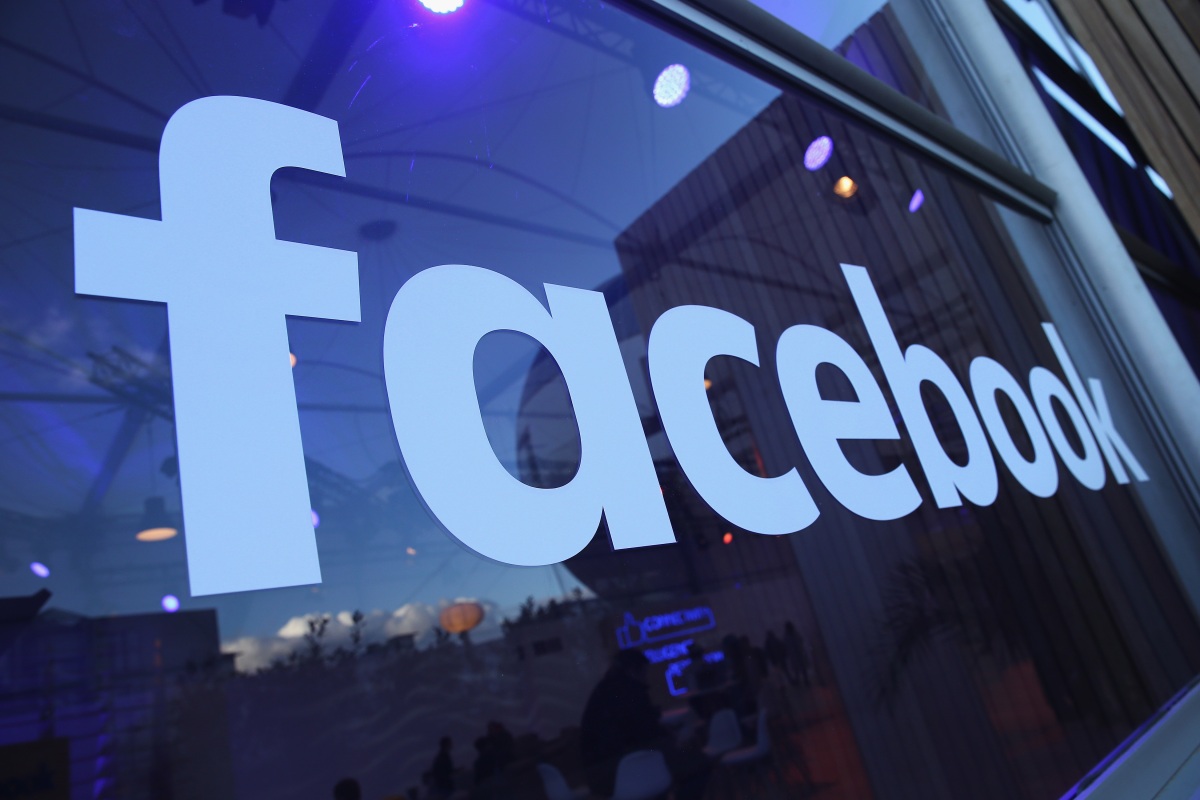Members of the European Parliament have lodged complaints against three tech giants, Amazon, Google and Meta, with the EU’s Transparency Register — aka, the oversight process that’s intended to track lobbying activity aimed at the bloc’s lawmakers — accusing the trio of breaching the lobbying transparency rules by using smaller front organizations to press their interests opaquely. The complaints, which were reported earlier by Politico and Bloomberg, also take aim at a series of tech industry associations and lobby groups — including a number whose names imply they represent the interests of startups and small businesses — that the MEPs allege have been involved in a Big Tech astroturfing operation targeted at two major pieces of EU digital regulation, the Digital Services Act (DSA) and the Digital Markets Act (DMA), per documents we’ve reviewed. Tech trade association the Computer & Communications Industry Association (CCIA), online ad industry body the IAB Europe, and SME and startup lobby groups Allied for Startups, SME Connect and the Connected Commerce Council (3C) are also named in the astroturfing complaints — which have been filed by three social-democrat lawmakers: Paul Tang, René Rapsi and Christel Schaldemose. The MEPs are calling for the accused tech giants’ access to the European Parliament to be revoked if their complaints are upheld. We understand nine complaints have been filed in total (two targeting Google). Deceiving lawmakers with fake lobby groups harms the democratic process. That’s why @SchaldemoseMEP @repasi and I tabled complaints triggering official investigations. If proven, access to parliament for involved Big Tech companies needs to be denied — Paul Tang (@paultang) October 14, 2022 While the DSA and the DMA have both now been adopted, the EU lawmakers remain concerned about the impact on future digital policymaking if non-transparent Big Tech policy influenceOps are not rooted out. The MEPs’ complaints follow a report back in April, compiled by civil society groups Corporate Europe Observatory and Global Witness using freedom of information requests, that revealed how a raft of tech giants sought to influence the two major EU digital policy files — spending big on pushing self-interested amendments to the (then) draft regulations. Some of this Big Tech lobbying activity included injecting detailed suggestions into late-stage closed-door policy discussions between EU institutions — presenting lawmakers with suggested wording for amendments aimed at watering down provisions that directly threaten their interests — such as in areas like tracking-based advertising. (In the event, the DSA and DMA were passed with some restrictions on tracking-based advertising, though not the outright ban a number of MEPs had been pushing for.) The complaints also cite a Medium post by Georg Riekeles — a Brussels-based director of the European Policy Centre think tank (which lists a few tech giants as members itself) and a former EU official himself — who warned this summer that: “As the EU debated the DSA and DMA package, front groups and other forms of hidden lobbying were swarming. I dare say never before had Brussels seen efforts at such a scale and with such brazenness. Many of practices deployed are not only totally out of line with the established code of conduct in interest representation but also with the most basic ethical and behavioural principles in society.” “As public scrutiny and research uncovered in the case of ‘Big Tobacco’, outsized vested interests create ecosystems of thought and influence to manipulate civil society and policymakers,” Riekeles’ blog post went on. “At this point, Big Tech’s interference strategies need to be systematically monitored, and actions taken to counter them. The EU’s capacity to act in defence of fundamental interests starts with the independence and transparency of EU institutions but requires also a wider societal ecosystem of tech control.” Systematic monitoring of Big Tech lobbying is exactly what the EU lacks, the MEPs’ complaints suggest, as transparency rules that are intended to spotlight corporate lobbying are being systematically circumvented by the use of a sprawling network of third parties funded by (or otherwise press-ganged into alignment with) well-resourced tech giants in order to project their interests by making their talking points resemble a grassroots lobbying campaign, rather than what is actually behind the effort: Gigantic self-interest. Such astroturfing tactics very obviously erode accountability and subvert democracy — enabling the corporate interests with the deepest pockets and greatest market power to build the most potent influence operations, by expanding the reach and interconnectedness of their third party networks through which they can channel and amplify their lobbying firepower while keeping their own brand name ‘clean’ at a safe distance. A couple of lobby campaigns cited in the complaints — one called ‘Targeting Startups‘ (which is now busy taking aim at a fresh EU digital policy proposal, the Data Act); and a second called the ‘Coalition for Digital Ads of SMEs‘, which ostensibly promoted small business interests in tracking-based advertising — are shown in one of the documents as not themselves registered in the EU transparency register but having a long list of backers/funders; some of which are in the transparency register (including some entities that list Big Tech entities as their members/backers), while others are not, so their funding sources are not declared. “You can only get an access badge for EU institutions [as a lobbyist] if you are registered [in the transparency register]. But as Google, Amazon and Meta are in the register they have agreed to abide by the codes of conduct. And the codes demand all registrees to not obstruct the register itself as well. So having another organization lobbying on their behalf is obstructing,” Tang told us, explaining how transparency concerns arise from this interlinked mesh of declared and non-declared interests lobbying EU policymakers. “What we are dealing with here is all kinds of branch organizations / national organizations / EU lobby organizations etc, that are actively promoting the narrative coming from Big Tech — and the only thing we know is that someone called the 3C contacts us and if we look them up in the transparency register they








